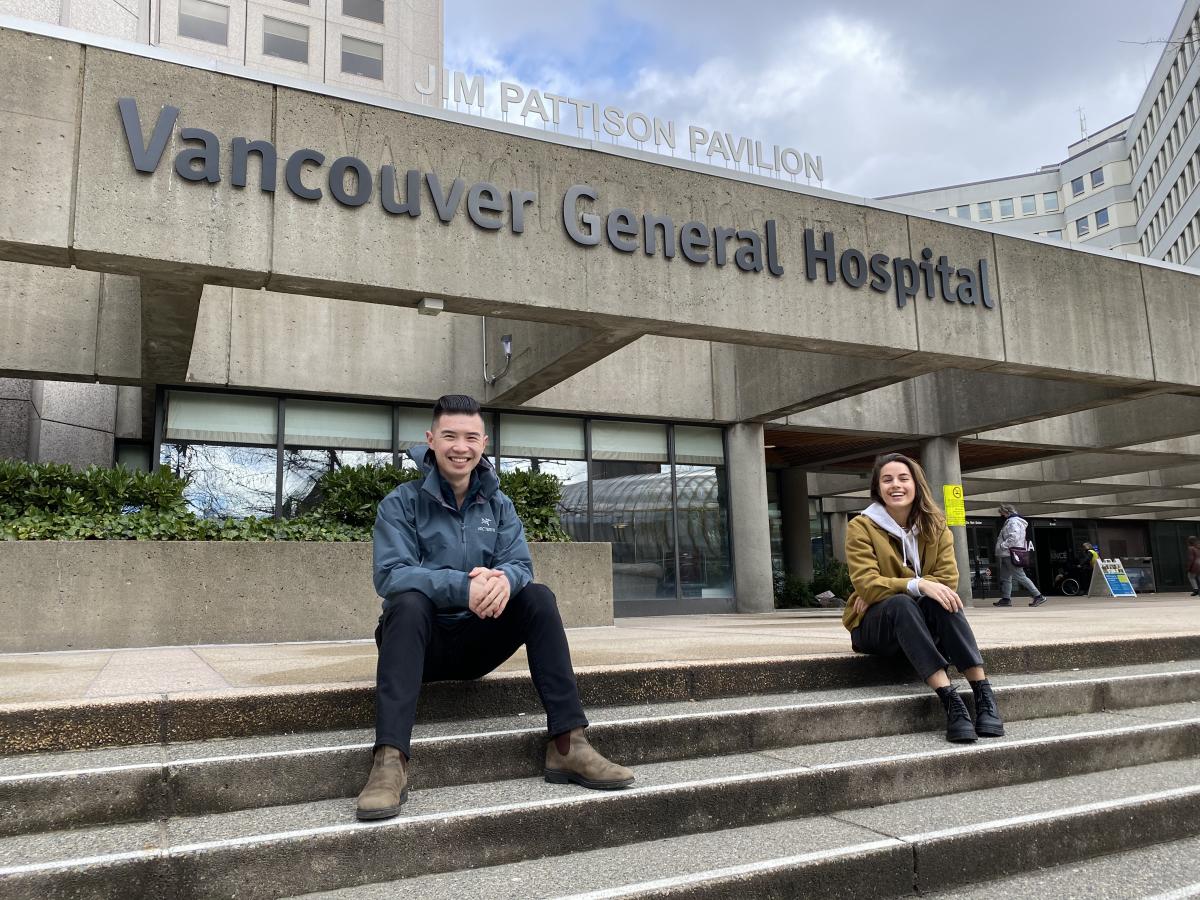Topics

Perfectionism in medicine is about setting rigid or unnecessarily high standards for flawless work or performance for yourself or others.
Medical students need balanced ways of pursuing high standards, which can motivate and energize, while avoiding unrealistic performance expectations that can cause stress.
Topics
Psychologically safe learning Establishing a wellness mindset Physical, psychological and cultural safety

Role models are relatable people we admire and want to emulate, and who have attained positions we aspire to reach.
In medicine, role models help medical students develop their professional identities, instilling in them professional values as well as healthy attitudes and wellness behaviours.
Topics
This paper explores learners’ perspectives on psychological safety in medical education and the impact it has on their learning experience. The authors explain how psychological safety among medical learners frees them from self-consciousness and therefore propose the term “educational safety” to describe the experience of learner psychological safety.
Topics
Psychologically safe learning Policies, standards and best practices Physical, psychological and cultural safety
McGill University’s WELL Office has created a four-year longitudinal wellness curriculum for undergraduate students. The program, integrated within the academic curriculum, promotes personal and professional well-being and encourages engagement with student wellness.
Topics
Establishing a wellness mindset Psychologically safe learning Burnout Stress Self-care
In response to COVID-19, the Royal College of Physicians and Surgeons of Canada has compiled a collection of virtual teaching resources. These resources can help educators adjust their traditional teaching approaches.
Topics
Psychologically safe learning COVID-19 wellness resources Policies, standards and best practices
This website from the Mental Health Commission of Canada summarizes the National Standard of Canada for Mental Health and Well-Being for Post-Secondary Students. It also includes a copy of the standard and a starter kit to help post-secondary institutions implement it.
Topics
Establishing a wellness mindset Psychologically safe learning Policies, standards and best practices
This paper published in Clinical Rheumatology looks at how learner vulnerability in medical education can be exacerbated by the hidden curricula and hierarchies present in the learning environment.
Topics
Psychologically safe learning Physical, psychological and cultural safety
This article summarizes a presentation by Harvard University’s Amy Edmondson at Learn Serve Lead 2019, the Association of American Medical Colleges’ annual meeting on psychological safety in medicine. Edmondson’s research found that high-performing teams in hospitals reported higher error rates, which was attributed to psychologically safe working environments where all team members felt empowered to speak up.
Topics
Psychologically safe learning Physical, psychological and cultural safety
In this paper, Torralba and colleagues examine how psychological safety in the clinical learning environment can affect four domains of the learner perceptions survey for resident physicians: learning, faculty/preceptors, personal, and systems/processes for medical errors.
Topics
Psychologically safe learning Policies, standards and best practices Physical, psychological and cultural safety

The Wellness Initiative Network (WIN) is the central hub for wellness-related initiatives and clubs at the University of British Columbia (UBC) Faculty of Medicine. It advocates for policy and systemic change to improve medical students’ wellness, resiliency and sense of community.
Topics
Psychologically safe learning Establishing a wellness mindset Self-care
Mentorship is a relationship in which a more experienced professional (the mentor) helps someone newer to the field (the mentee) grow both personally and professionally. It is an essential resource for medical students and residents, with mentors providing guidance and advice on research, career planning, career transition and work-life balance.

